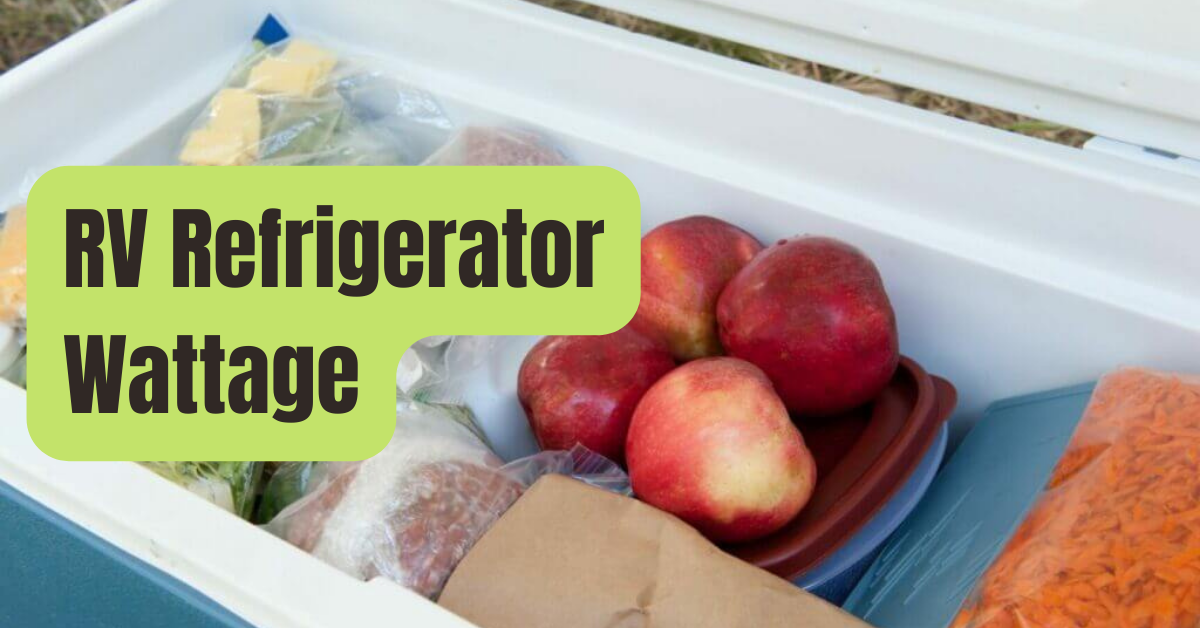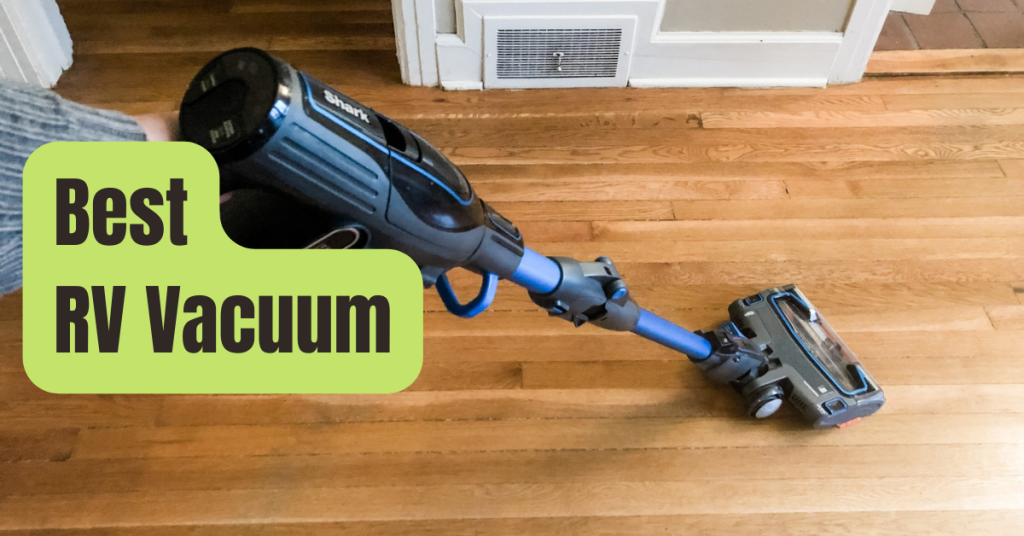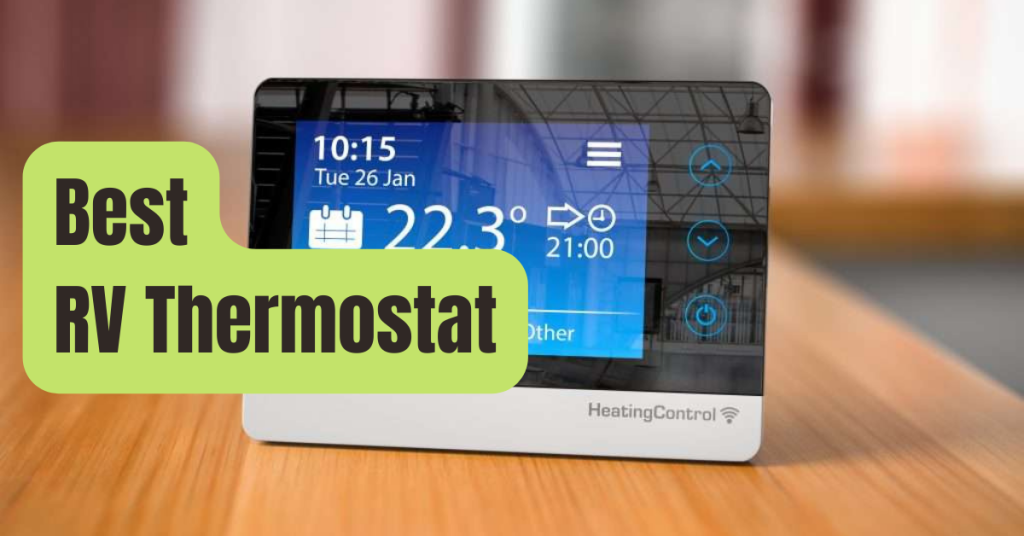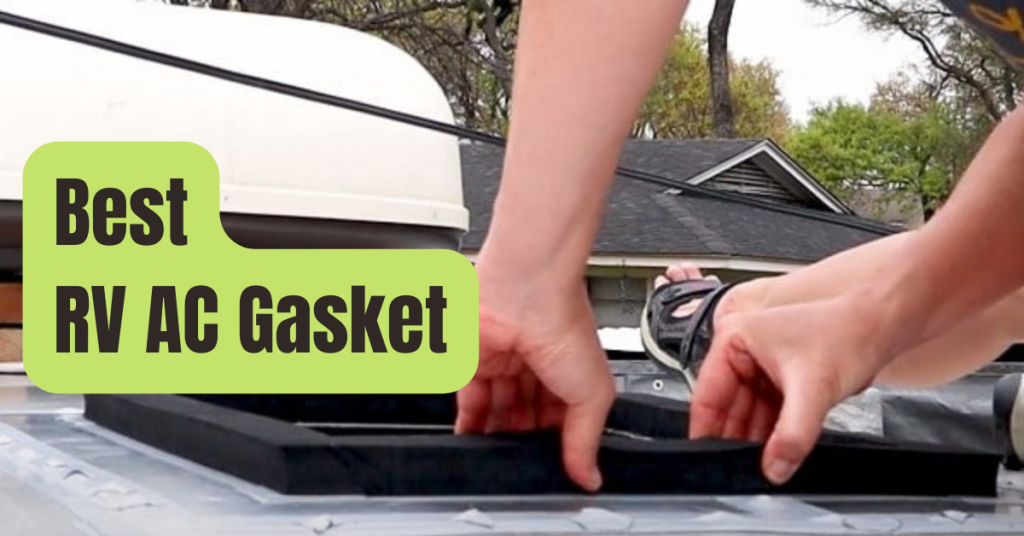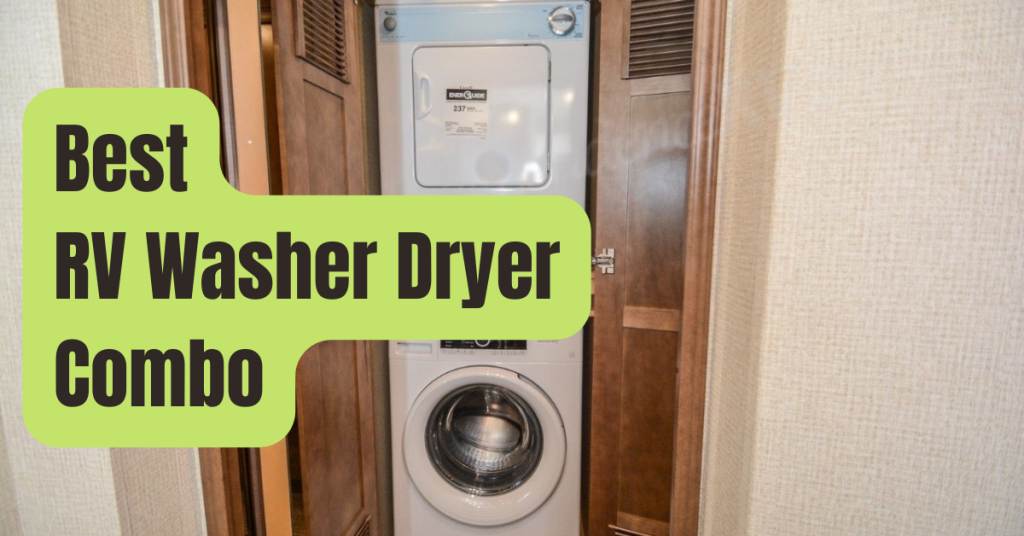You want to make sure you prepare and eat fresh food while you’re camping, right? You must appropriately store them in a chilly location to preserve their freshness and prevent spoilage.
Do you agree that refrigerators are fairly beneficial for these things? It’s fortunate that most RVs come equipped with one, then.
Get in the practice of understanding the sort of refrigerator you are utilizing in your RV, whether it be leased or owned, to ensure a smooth journey.
Wattage and power source are listed here.
This guide is intended for all RV owners, including those who currently have a built-in refrigerator and those who are thinking about getting the finest RV refrigerator.
Continue reading if you want to learn the answer to the question, “How many watts does a refrigerator use?”
Residential Refrigerator VS. RV Refrigerator
There are a few things you should know if your RV doesn’t have a refrigerator or if you’re thinking of replacing a built-in.
First, you have a choice between two sorts.
A built-in RV refrigerator should be obvious from the name as it normally comes with your motor home.
It operates without any moving parts, such as a compressor, and utilizes absorption to cool.
It does this by using heat, ammonia, and hydrogen gas.
It can fit enough food inside to last for a weekend excursion.
You can store more food in a household refrigerator, however.
It is the ideal option if a lengthy road trip is in your future.
A compressor is used in this kind of machine, and it needs a 120V power supply.
If you want to camp without a connection, then then will this be an issue.
A residential refrigerator is appropriate for your requirements if your plans call for a big family to remain at a campsite for a considerable amount of time.
Knowing the Watts of your Refrigerator
The wattage of your RV refrigerator must be understood.
Refrigerators for RVs use about the same amount of power as air conditioners do.
Remember that you cannot just switch the refrigerator on and off while storing perishable goods inside, unlike the air conditioner.
Therefore, it is crucial to understand the answer to the question “how many watts does a refrigerator use?” Without it, you are unable to choose the proper generator or connection.
Why do you do this?
Learn about your refrigerator’s beginning amp requirements first.
For every 120V, a double door refrigerator typically consumes 7-8 amps, or 900–1000 watts.
Less running amp is required.
The refrigerator typically uses 2-4 amps, or 100–250 watts, for every 120V after starting on.
You will want between 1.2-2 amps, or around 80-90 watts, to defrost (per 120V).
Where Should Your RV Fridge Be Checked?
Examine the labels or stickers that are affixed to the item to get this information.
Check the refrigerator handbook if you can’t locate one or if it seems to have been wiped.
You’ll learn whatever you need to know about your device.
Utilize the Internet and go to the manufacturer’s website if the manual is still unable to provide you with this information.
If everything else fails, get in touch with customer service.
Typically, a refrigerator’s amp needs are mentioned for each of its functions.
The rating for starting, idle, operating, or defrosting situations will be shown.
However, the manufacturer determines whether this list is accessible.
The wattage of your RV refrigerator will depend on its size, age, type, and electrical source or manner of supply.
Either 120 V, a DC battery, or propane will be used.
You may use the equation watt = amps x volts to calculate the number of watts your refrigerator consumes.
When the precise wattage need is not specified in your handbook, this is often utilized.
Reasons to Be Aware of Your Refrigerator Wattage
You can prepare for the power needs of your generator by knowing the wattage of your refrigerator.
It will also assist you in estimating how much gas you’ll use when camping.
Make sure you account for the fact that your unit’s beginning watts will often be higher than its operating watts.
A refrigerator is now essentially required for RV camping.
One is now considered standard equipment for every camper or RV.
As was already said, a refrigerator may use almost as much power as your air conditioner, but it cannot be switched on and off anytime you choose.
Keep in mind that the fridge is where you keep your food.
It must be on at all times to prevent food spoilage.
You should not be concerned if you are parked at a campground with full connections.
If, however, you want to go dry camping, it’s a very other situation.
Understanding its wattage is essential for a secure and pleasurable voyage.
It will enable you to work around your generator’s maximum energy usage.
It will help you plan how to use your generator or batteries to power your camper or RV’s refrigerator and other equipment.
Plan Your Energy Use Around The Needs Of Your Refrigerator.
You really need to prepare carefully since there isn’t much electricity available on the road.
Take an inventory of every appliance you own and plan your use around your refrigerator.
A propane-powered refrigerator is perfect for usage if you want to dry camp.
Some RVs offer both propane and electrical systems, making it simpler for you to switch fuel types if necessary.
If you decide to switch, just make sure you have enough propane on hand.
The wattage of an older refrigerator model may be greater than that of a contemporary refrigerator.
You don’t want to blow a fuse out in the middle of nowhere, so make a note of these specifics.
You don’t want this to occur when you are dry camping since it might lead to issues and harm your RV irreparably.
It is not a wonderful camping experience to top it off with decaying food.
Yes, that might make an excellent narrative.
But wouldn’t you rather have a great vacation and a great story?
more about your refrigerator.
Enjoy your journey and be careful!

